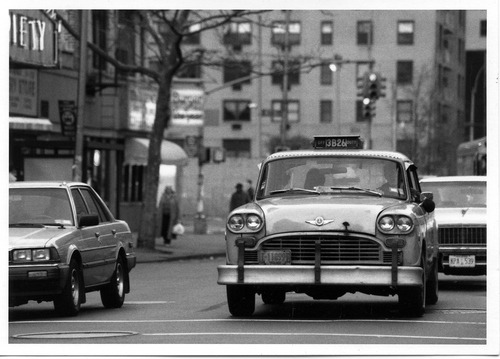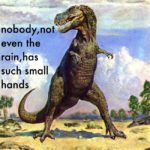They set themselves up as philosophers or men of action. I do not think the poet should preach, seek to convert, philosophize or moralize. […] If you live as a poet the poet’s duty is to maintain his power to create the marvelous by contagion. If the poet maintains himself inside a dream and is able to communicate this capacity to others by osmosis, well and good. But he should not step out of this dream to preach, to meddle with political and practical constructions. Let him remain a poet and reveal magic coincidences and magic possibilities. The one who has the vision is not necessarily the one who knows how to actualize or embody this vision. The old communities understood this. Each one had his role allotted to him. The poet to supply his vision, his song, his inspiration (from within) and the others to hunt, fish, build, and the wise men to interpret events, omens, the future. The poet’s business is exaltation and how to impart it.
I feel the poet is losing this power because he is joining the prosaic, the contingent, the mediocre everyday details, the mechanism.
–Anais Nin, 1940, from The Diary, Volume 3 (bold emphasis mine)
Poets who would fall under her “true poet” category: Rilke, Whitman, Blake, Jean Valentine, Fanny Howe. Perhaps this is what troubles me about the Ann Waldman school of chanting the latest evil politicians’ names as part of your poetic practice, as if this were as tangible as true political action. Poetry isn’t politics, but is as essential as politics – the capacity to understand life through symbol and metaphor, to swim in the profundity or delve in the mystery of human consciousness, activity, imagination. As A. Nin says (back in 1940), it’s difficult (or perhaps in 2012, impossible), to preserve respect for the vision in a society whose faith and truth is based on technological innovation, material success, empirical facts.

 dumfounded and gratified–“Ah, we did not suffer any lights.”
dumfounded and gratified–“Ah, we did not suffer any lights.”